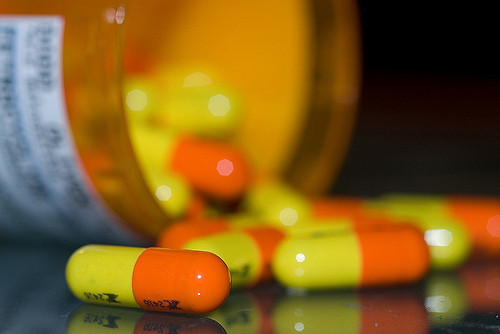
November 27, 2017
We know that antibiotics can be life-saving, but they can also wreak havoc on your gut microbiome. Antibiotics can wipe out bacterial species and decrease the diversity of the gut microbiome, so don’t take them unless there’s a good reason to do so. Discuss the risks and benefits with your doctor. There are a lot of questions you can ask your doctor:
- Are the antibiotics absolutely necessary?
- Are there other options?
- What would be the natural course of my illness if I didn’t take an antibiotic?
- How long should it start taking for me to feel better if I don’t take an antibiotic?
- What’s the worst thing that can happen if I don’t take an antibiotic?
- Is there a more narrow-spectrum antibiotic that would still be effective for my condition?
If you have to take antibiotics, there are a couple of things you can do to lessen the adverse effect on your gut microbiome. Probiotics can restore biodiversity within the microbiome, fight pathogenic organisms and help heal the gut mucosa. Before, during and after your course of antibiotics, you can increase your intake of fermented foods, which are rich in probiotics. Sometimes patients ask me if they can take probiotic supplements with their antibiotics. Data supports the use of probiotic supplements for certain clinical conditions, but you can speak to your doctor and decide whether it makes sense for you to take probiotic supplements along with your antibiotics, especially if you have a history of prior side effects during antibiotic use like diarrhea, or if you’ll be taking the antibiotics for an extended duration. You can continue the supplement in the immediate weeks after the course of antibiotics has ended. If you’re going to take a probiotic supplement, try to pick a reliable brand that has been studied in clinical trials. It’s important to choose the right strains and dosage. Products with S.Boulardii (like Florastor) are especially ideal since it’s a yeast and can’t be eradicated with antibiotics or contribute to the development of resistant genes. Lactobacillus rhamnosus GG (Culturelle) is another good option. In general, look for brands containing S. boulardii, Lactobacilli and Bifidobacteria. Take doses with colony-forming units in the billions. Try to take probiotic dose as far away from the antibiotics as possible. You can also continue eating prebiotic foods during this time.

